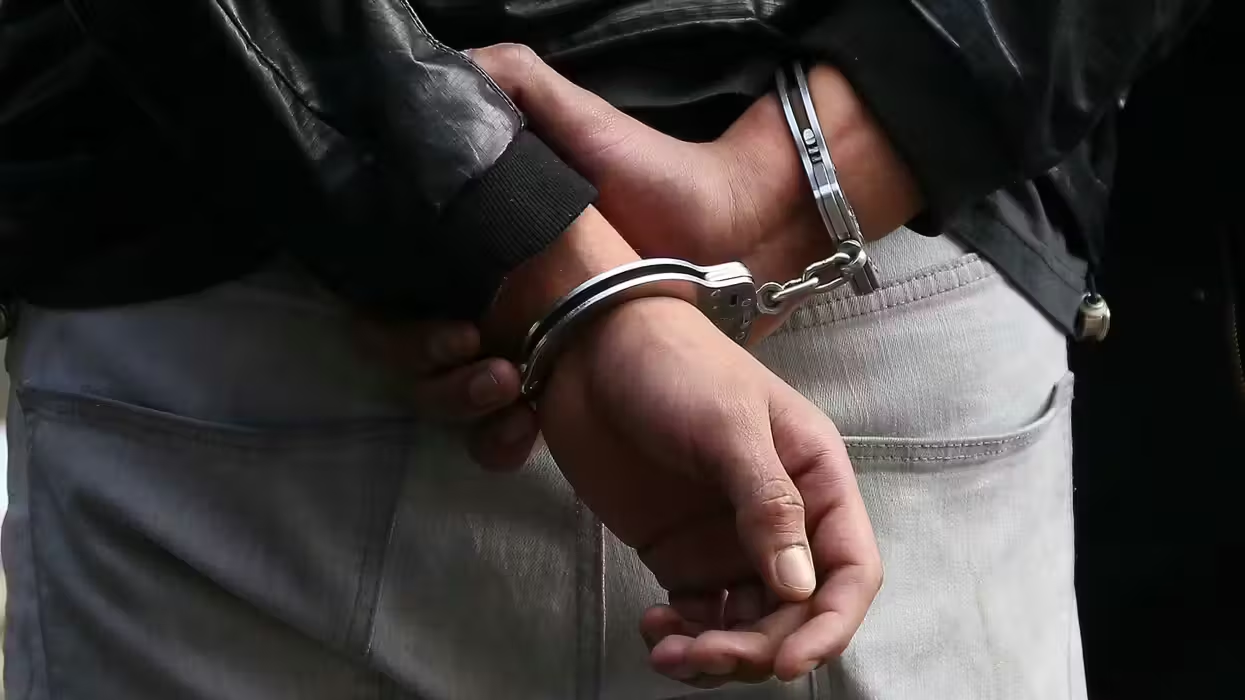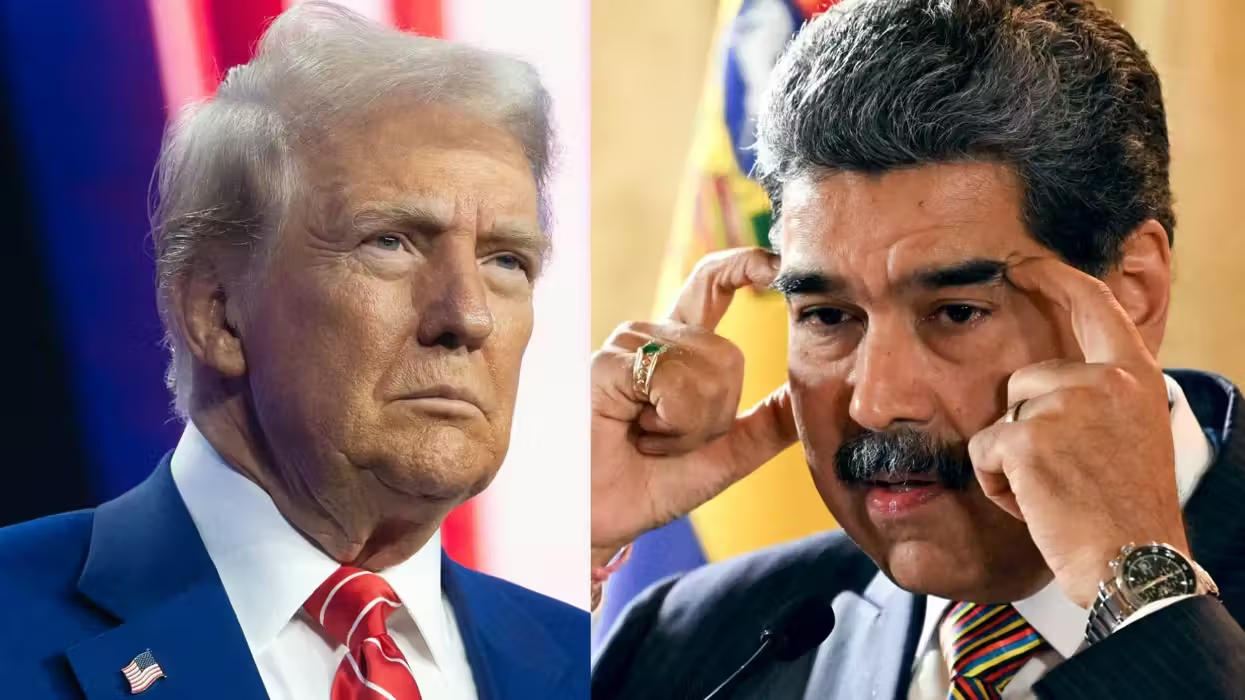Look! Up in the sky! It's a bird! It's a plane! It's...a surveillance drone.
In addition to its already-draconian surveillance state, China is using drones that look like birds to monitor its citizens, CNET reported.
How common is this?
In recent years, more than 30 Chinese military and government agencies have deployed the bird-like drones. The technology is now used in at least five provinces, the report stated.
The drones feature flapping wings that mimic a real bird in flight. The technology works by “using a pair of crank-rockers driven by an electric motor,” according to
CNET.
They are also equipped with a high-definition camera, GPS antenna, flight control system, and a data link with satellite communication capability, reports state.
The drones are part of a program called “Dove,” which is run by Song Bifeng, a professor at Northwestern Polytechnical University in Xi'an, according to the South China Morning Post. Song is a former senior scientist for on of Asia's stealth fighter jets.
Researchers believe the technology could be rolled out on a wider scale in the future because of high demand for drones in both the military and civilian sectors.
The technology provide a reason for alarm, Timothy R. Heath, a senior international defense research analyst at global policy think tank The RAND Corporation. He reportedly told CNET in an email:
Although the bird drones will likely be deployed in restive provinces like Xinjiang, any Chinese person should assume that their behavior could be under surveillance and their behavior recorded, no matter where they go outdoors. China's use of bird drones will extend the government's surveillance to a frightening new level.
Where is this leading?
China continues to buzz along with its draconian surveillance of its 1.4 billion citizens. Among the methods used are facial recognition technology, artificial intelligence, smart glasses, and other technology. Data gathered by the technology will eventually be used to give every person a score based on how well they comply with government rules.
Depending on the score, a citizen can be granted or denied services. The level of scrutiny includes behaviors such as how someone crosses the street and what they post online.
Under the system, citizens with low scores can be punished by not being able to travel or purchase property, for example.







